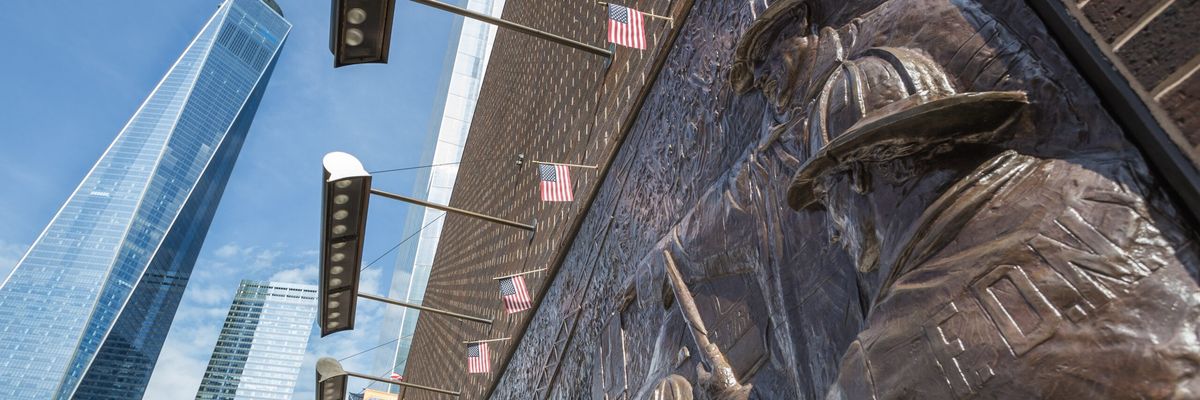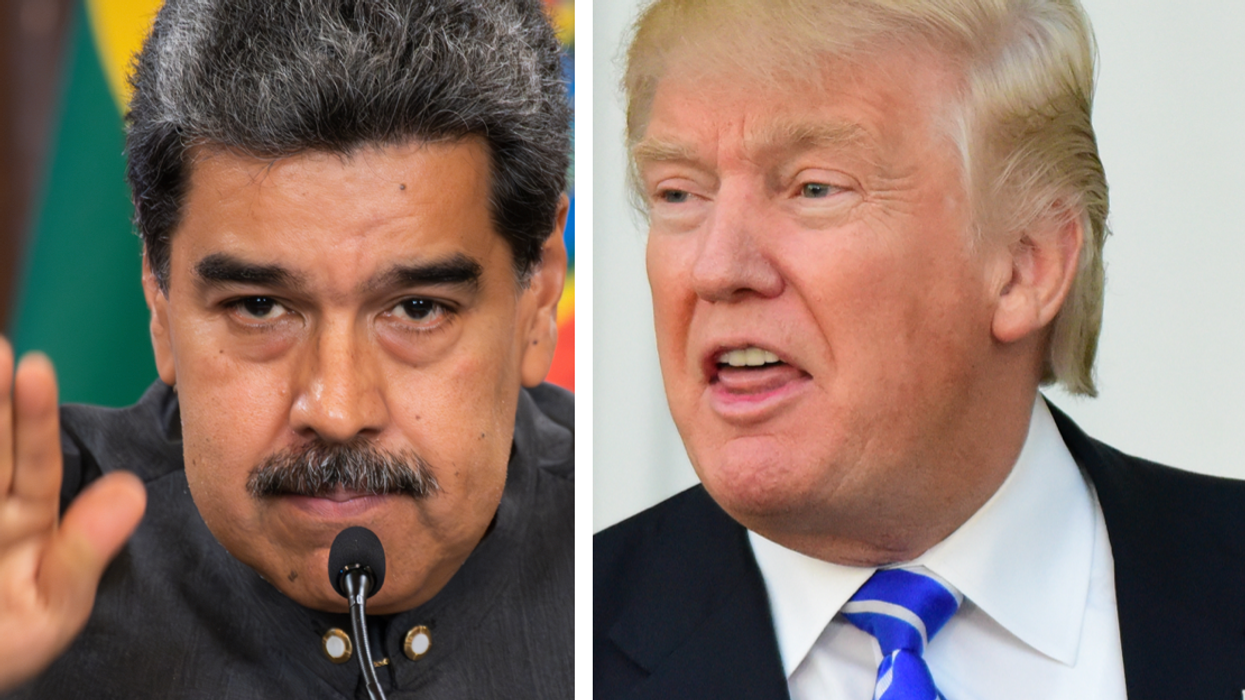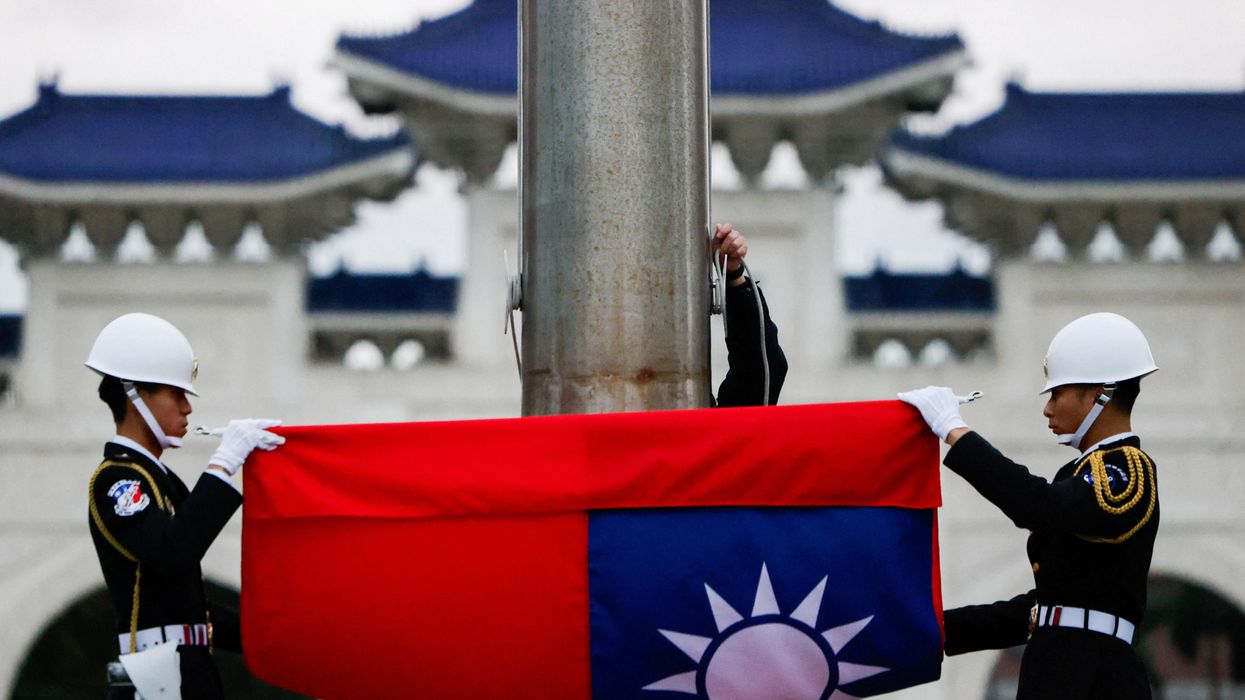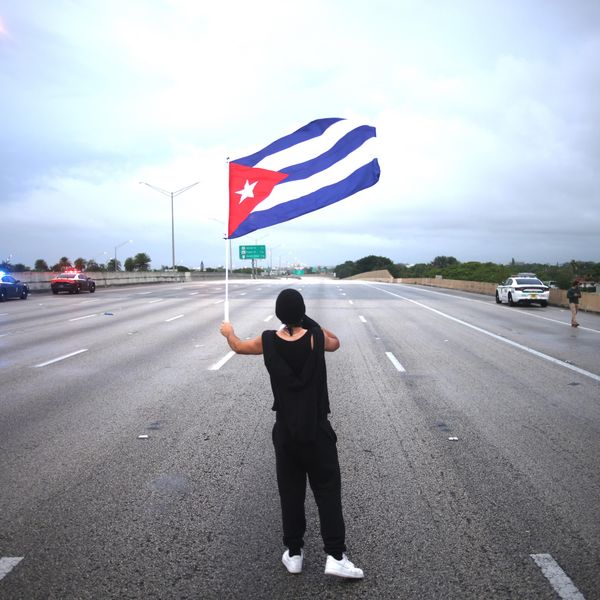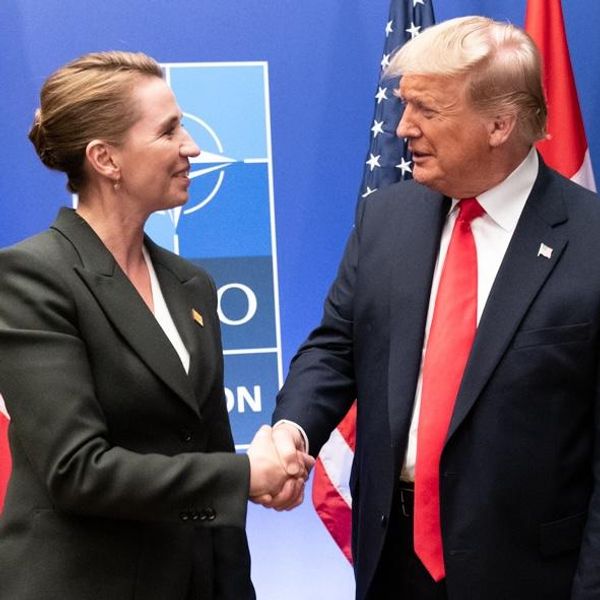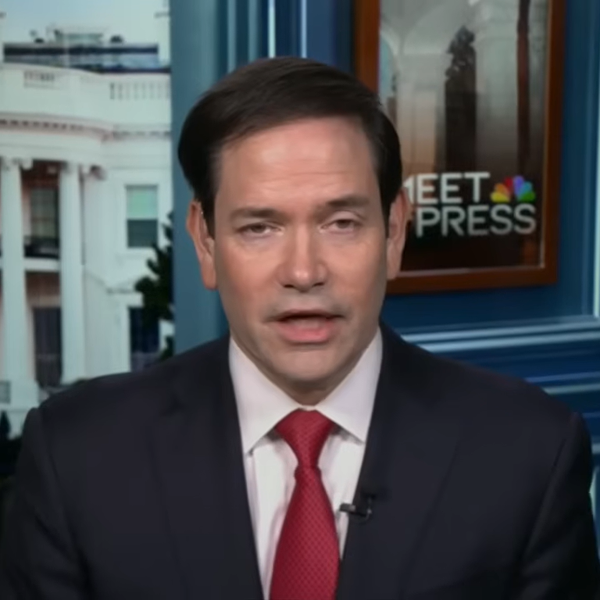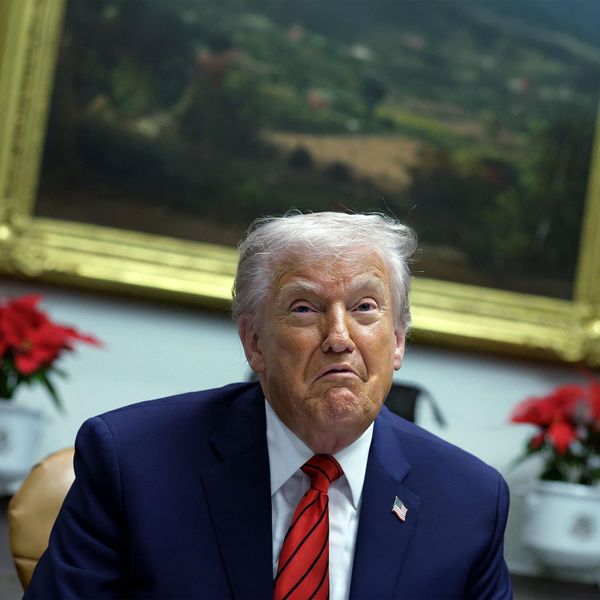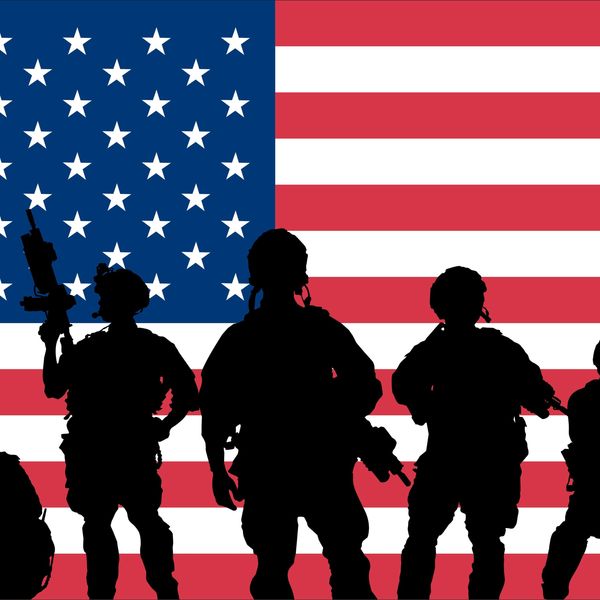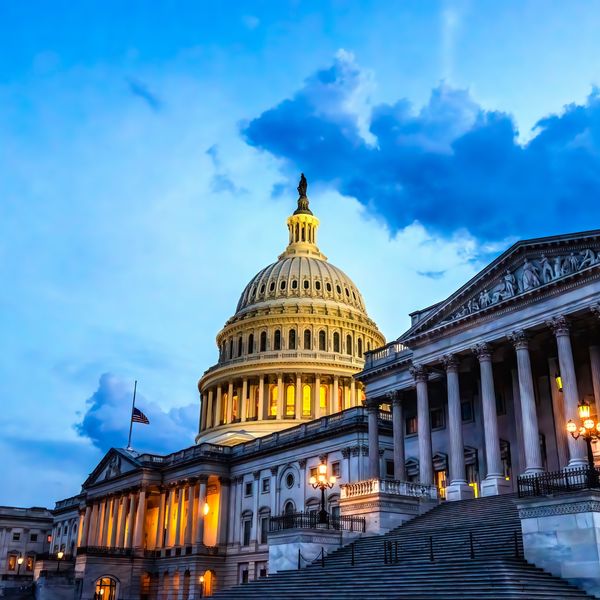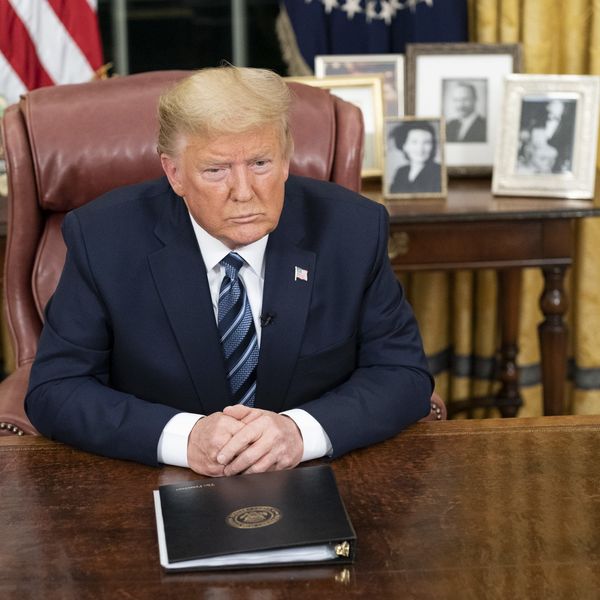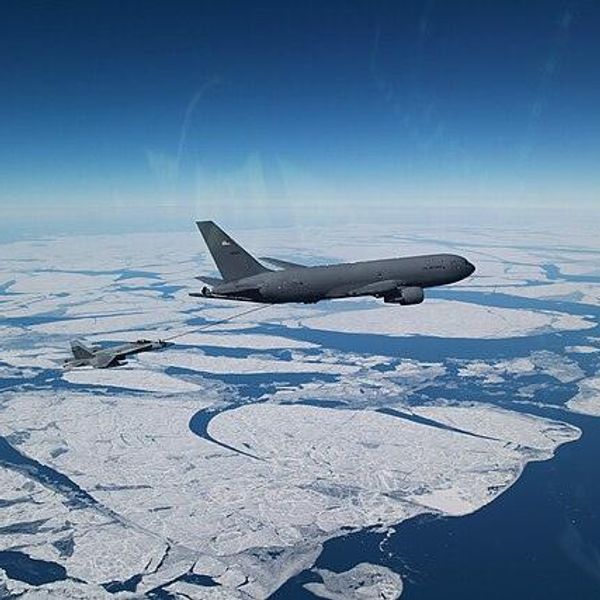When September 11 shook the nation to its core, many called it a new Pearl Harbor — the first time in more than a generation that the American homeland had been struck by a foreign enemy.
The shock of the twin towers crumbling onto the streets of New York, smoke spewing from the side of the Pentagon, and a burned-out hole in a Pennsylvania field where flight #93 went down, all told Americans they were vulnerable. But 9/11 wasn’t Pearl Harbor. It didn’t represent an existential threat to American democracy and didn’t require a two-front invasion with decades of never-ending combat operations.
The mastermind of Pearl Harbor, Admiral Isoroku Yamamoto, believed that only a quick, decisive victory over the United States was possible, yet he worried. When congratulated upon the success of his surprise attack, he allegedly responded, “I fear all we have done is to awaken a sleeping giant and fill him with a terrible resolve.” It was a day, announced President Franklin Roosevelt, that would “live in infamy.” In their “righteous might,” Americans fought Japan and Germany into total submission. The mission was clear, the enemy finite. Unconditional surrender inaugurated the “American Century,” an era of unprecedented military, economic, and political dominance. The atomic bomb at Hiroshima — the world’s original Ground Zero — confirmed that power.
For the next 50 years, U.S. strength was tested, but victory in the Cold War heralded America as the only remaining superpower. Neoconservative author Francis Fukuyama called it “the end of history.” No nation stood in the way of total victory for the American way of life.
Then came 9/11. The world’s new Ground Zero presented a direct challenge to 21st century American power — yet it was really a statement about the symbols of that power rather than its reality. 9/11 posed no true existential threat in the way that Japan or Germany did; both of those nations sought world domination. The Japanese declared “hakkō ichiu”: placing the eight corners of the globe under a Japanese roof.
Osama bin Laden had no such plans. Like the Japanese admiral, the bearded cleric of jihadi terror was also a master planner. But he didn’t fear attacking an all-powerful America. Nor did he have concerns about a quick campaign. His plan was a holy war, calculated to draw America into a generational, grinding conflict; one that bled us of our money, our soldiers’ lives, and our national reputation.
The truth of 9/11 is that it was a trap, one that could only be sprung by the United States. It worked. Late in the evening on September 11, President George W. Bush wrote in his diary, “The Pearl Harbor of the 21st Century took place today.” Earlier in the day he had embraced his Rooseveltian moment, declaring, “a great people has been moved to defend a great nation. Terrorist attacks can shake the foundations of our biggest buildings, but they cannot touch the foundation of America.”
But 1941 and 2001 were different; September 11 wasn’t Pearl Harbor. Both revealed that the U.S. could be attacked, and the American people’s patriotism rallied, but the U.S. response to 9/11 — the invasions of Afghanistan and Iraq, and the announcement of a nearly impossible to define War on Terror — have proven massive foreign policy blunders. It didn’t have to be so.
That the U.S. treated September 11 as a Pearl Harbor-like moment to rally a nation for war was the essential problem. Japan’s attack was an act of war. Bin Laden’s was a terrorist act treated by President Bush and his advisors as war. It wasn’t. 9/11 was a criminal justice issue that required a military component. Al Qaeda represented no nation state, no definable military that could be vanquished unconditionally. Nor did it pose an existential threat to the homeland or American power abroad. Bin Laden couldn’t touch, as President Bush put it, “the foundation of America,” unless we blundered; unless we decided that 9/11 was the new Pearl Harbor and carried that comparison for all it was worth.
How else could the Bush administration invade Iraq and expand its military footprint into the Middle East? How else could the administration secure unquestioned funding for the Pentagon and military industrial complex? Treating bin Laden as a criminal wouldn’t suffice. Equating him with an attack on freedom, an existential threat to American society, would. 9/11 had to be Pearl Harbor.
A year before September 11, neoconservative Republicans, many of whom later filled the highest echelons of the Bush White House, released a report through the Progress for the New American Century advocating the rebuilding of America’s defenses. The amount of money and time needed, they acknowledged, “is likely to be a long one, absent some catastrophic event — like a new Pearl Harbor.”
The statement didn’t reveal malfeasance. Rather, a mere understanding of what could and couldn’t be done without an outside catalyst. Then came September 11.
Just hours after the attacks, Secretary of Defense Rumsfeld handed one of his aides a hasty note for General Richard Meyers: “judge whether good enough hit S.H. [Saddam Hussein]@ same time—Not just UBL [Usama bin Laden]…go massive—sweep it all up—Things related and not.” The note didn’t insinuate that Saddam was in any way responsible for 9/11. Those arguments came later. Rumsfeld and other Republicans simply asked whether the U.S. could utilize the attacks for larger purposes.
Karl Rove, Bush’s ever-present campaign guru, said later, “Sometimes history sends you things, and 9/11 came our way.” The President and his advisors wouldn’t allow this “Pearl Harbor” moment to be wasted.
It became a point of contention inside the Bush White House. Secretary of State Colin Powell voiced caution, insisting that the focus should remain on Afghanistan, not Iraq. Powell testified before the 9/11 Commission that he worried about the views of his fellow Bush advisors, that “Paul [Wolfowitz, Deputy Secretary of Defense] was always of the view that Iraq was the problem that had to be dealt with….And he saw this [9/11] as one way of using this event as a way to deal with the Iraq problem.”
The outcome is now well known – “mission accomplished,” chaos in Iraq, and spill over throughout the Middle East. The resulting refugee crisis is the largest since World War II and has spawned a destabilizing nationalism throughout Europe. The War on Terror remains the longest conflict in American history and its impact on our reputation has been catastrophic.
The original component of that conflict is now over. Kabul has fallen. The Taliban are once again in control of Afghanistan. Many Americans, especially veterans, wonder why we went to the Middle East in the first place. The answer is because bin Laden set a trap that the Bush administration and neoconservatives couldn’t resist. They made 9/11 Pearl Harbor to achieve other foreign policy goals and foolishly believed it would be easy. The bearded cleric of terror may be dead, but his larger strategy was brilliant. The American century is over, and we did it to ourselves.

